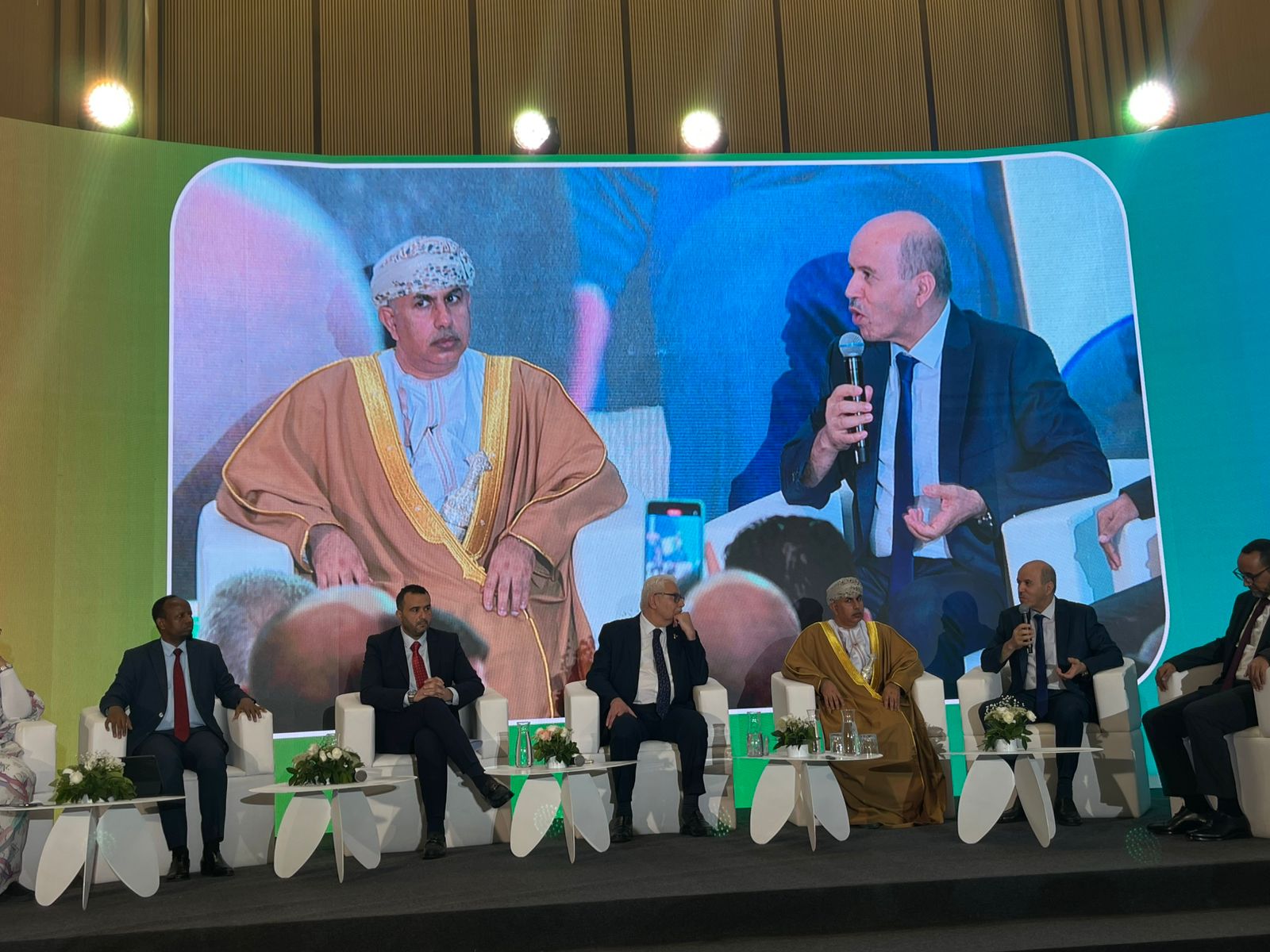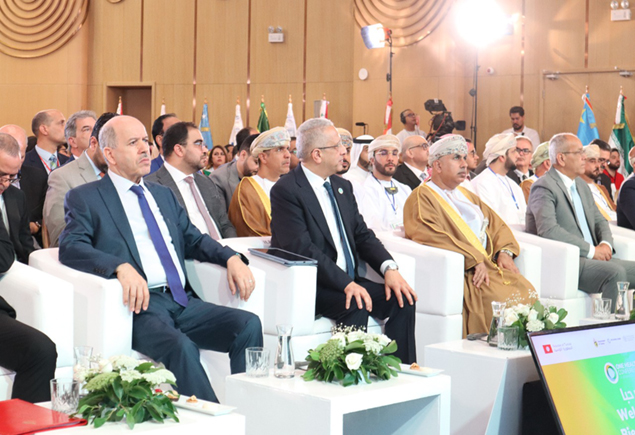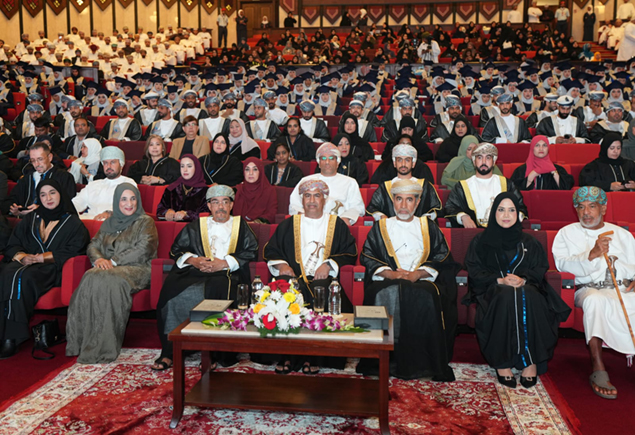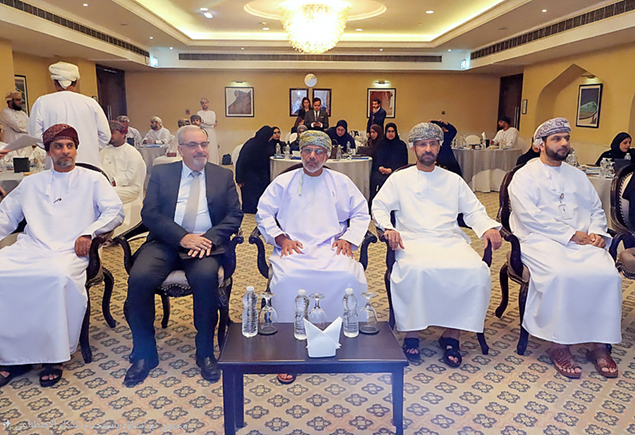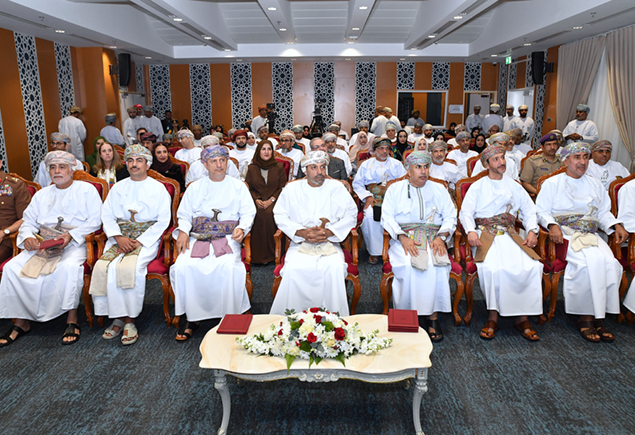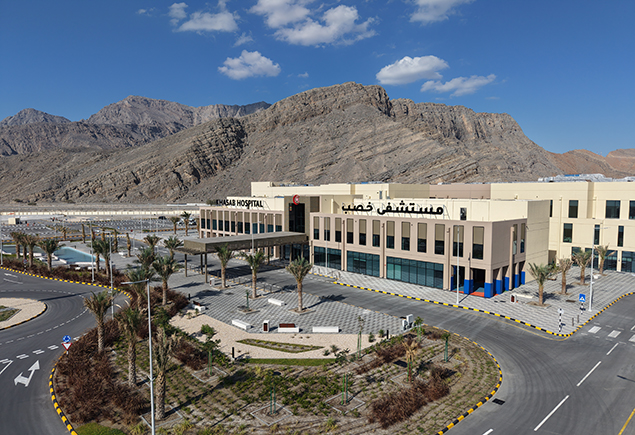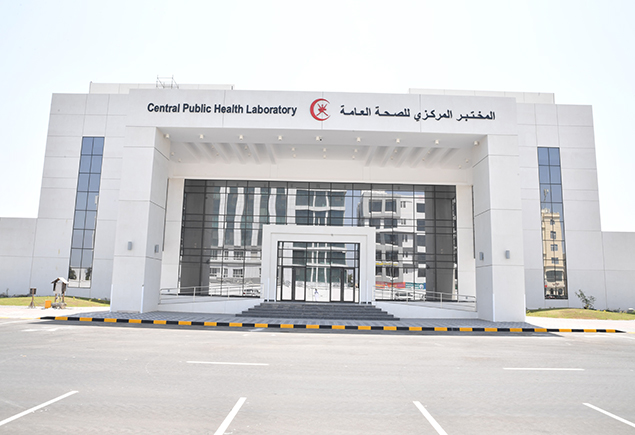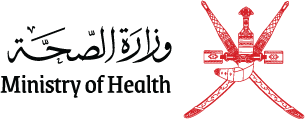The Regional One Health Conference for the Middle East and North Africa commenced today (Saturday) in the Tunisian capital. Hosted by the Republic of Tunisia, the conference is being attended by the Sultanate of Oman, represented by an official delegation from the Ministry of Health, headed by His Excellency Dr. Hilal bin Ali Al Sabti, Minister of Health.
As part of the first day’s agenda, His Excellency delivered a keynote address on behalf of the Sultanate of Oman, highlighting the country's efforts in implementing the One Health approach. In his remarks, he emphasized that the timing of the conference is critically important, serving as a vital platform for exchanging expertise and best practices, thereby strengthening collective efforts and enhancing regional and international cooperation to address health challenges through an integrated, comprehensive approach that prioritizes the health of humans, animals, and the environment.
His Excellency then elaborated on Oman’s commitment to the One Health approach, stating that Oman has established several national mechanisms that to support the One Health approach, including the National Committee for Integrated Vector Management, the National Committee for Food Safety and Quality, the National Committee for the International Hydrological Program for Water Resource Safety, the National Committee on Climate Change and Ozone Layer Protection, the National Committee for the Sound Management of Chemicals, a central team for enhancing the Environmental Performance Index (in cooperation with the Environment Authority) focused on ecosystem safety, climate change forecasting, and its effects on public health.
He continued: “Oman has played a leading and distinguished role on the international stage regarding antimicrobial resistance. This was notably demonstrated by hosting the Third High-Level Global Ministerial Conference on AMR—the first of its kind in the Middle East and North Africa region—held in Muscat in 2022. The event resulted in the 'Muscat Manifesto', which, for the first time, outlined clear targets for antibiotic consumption across human health, animal health, and the food production sectors.”
The Muscat Conference and its final declaration—signed by 47 countries—laid the groundwork for preparations for the United Nations High-Level Meeting on AMR, which was held in New York on 26 September 2024. That meeting resulted in a global statement affirming the One Health approach and set agreed-upon global indicators for monitoring progress on this issue, the Minister of Health explained further.
He further clarified that Oman strongly believes in the power of cross-sectoral integration, highlighting the collaborative work between health and other sectors within the National Committee for Integrated Vector Management. This committee serves as a leading model for implementing the One Health approach in Oman. The national strategy, precise entomological surveillance, and the development and execution of proactive, data-driven, and scientifically grounded joint control programs have been fundamental in reducing the spread of vector-borne diseases and lowering infection rates.
The health minister pointed out that Oman has also given special attention to sustainability and climate change issues, launching its Carbon Neutrality Initiative, which aims to achieve net-zero emissions by 2050. This national initiative forms a strategic pillar for environmental health, improving air quality, and reducing climate-related health risks—thereby reinforcing the integration between public health and environmental protection, in alignment with the One Health vision.
In closing, His Excellency reaffirmed that the Sultanate of Oman firmly believes that addressing global and regional health challenges requires united efforts and the strengthening of cross-sectoral and cross-border partnerships within a collaborative framework that ensures human health, animal welfare, environmental sustainability, and reinforces health and food security—while also supporting sustainable development at all levels.
The conference covered in its first day a range of topics related to the One Health framework, including its fundamental principles, global significance, practical implementation, integrated surveillance systems, laboratory strengthening, and the conserving nature amid climate change.
The event will also feature a ministerial roundtable discussion and the launch of the Carthage Declaration: Mainstreaming OH in MENA from Dialogue to Action. Success stories from the region related to the implementation of the One Health approach will also be presented.
Furthermore, the conference will include in its second day panel discussions addressing cross-sectoral health threats, such as zoonotic diseases, antimicrobial resistance in real-world settings, food safety, environmental health, and immunity enhancement within the MENA region. There will also be interactive sessions and discussions on the future path and strategic vision for One Health in the region.
Within the conference’s agenda will witness the launch of the Middle East and North Africa One Health Collaboration Center.
On the other hand, His Excellency the Minister of Health, accompanied by his delegation, visited Charles Nicolle Hospital, where he was briefed on the hospital’s facilities, workflow system, and the technologies used. He also listened to a detailed explanation provided by the hospital officials.
